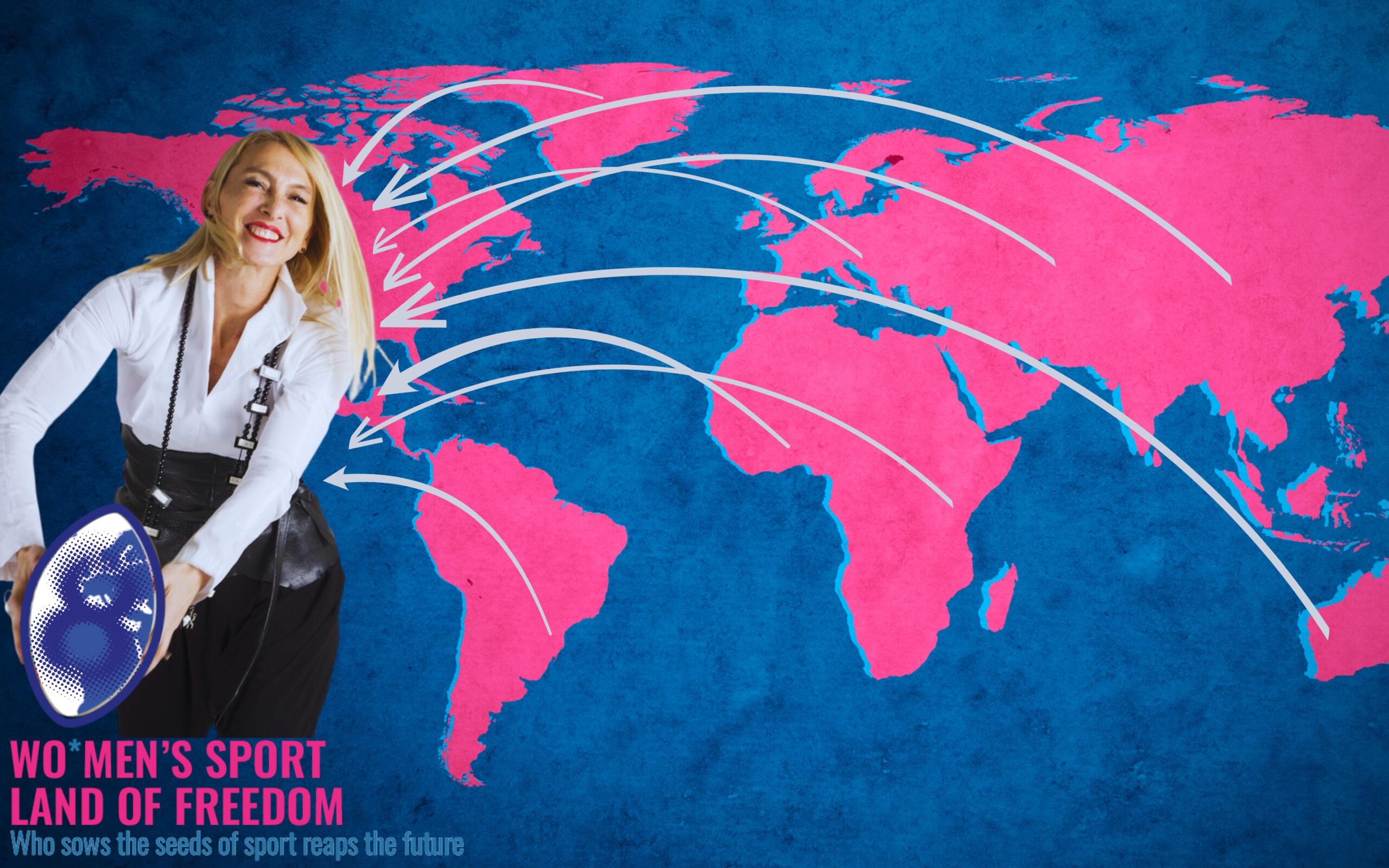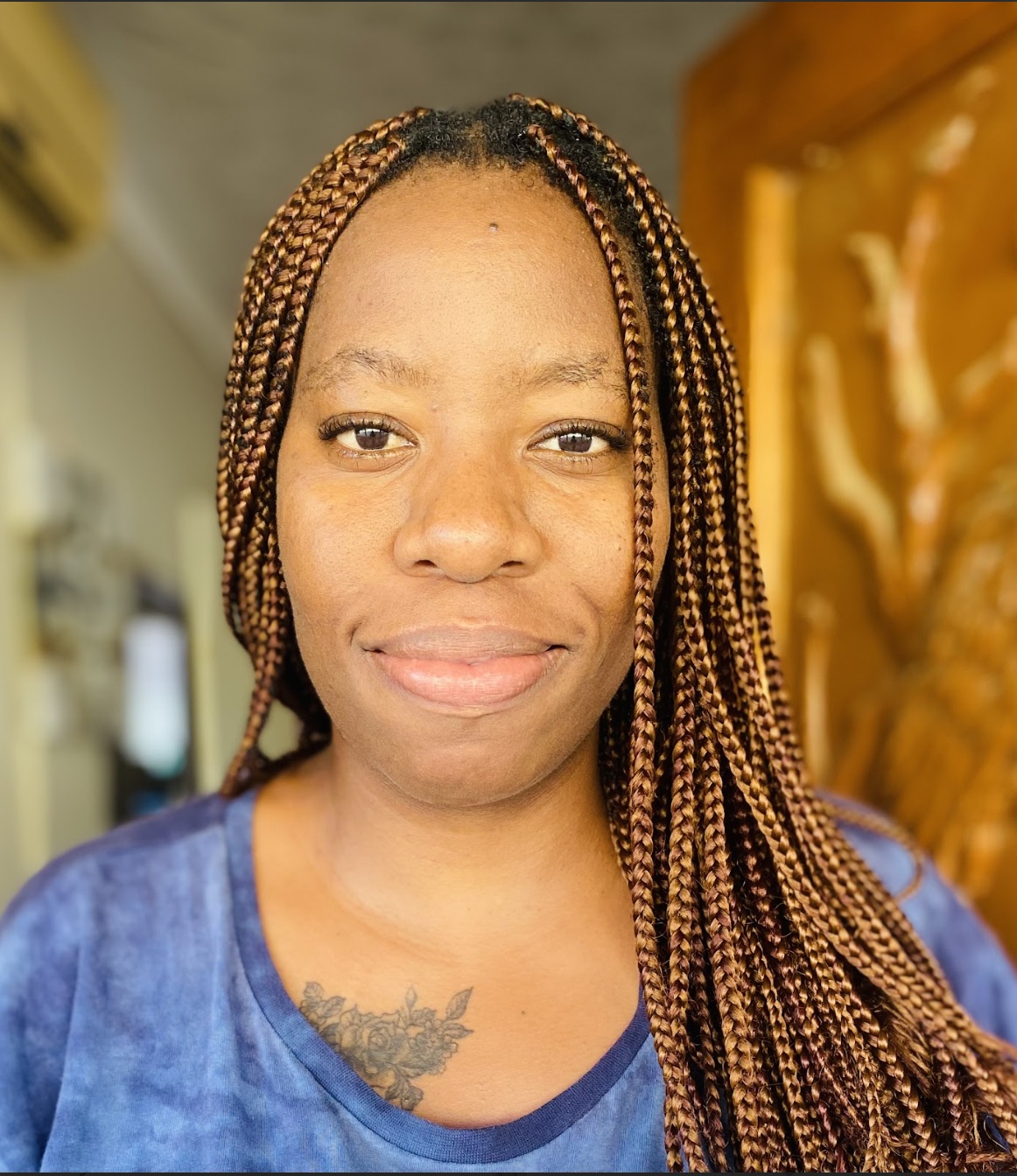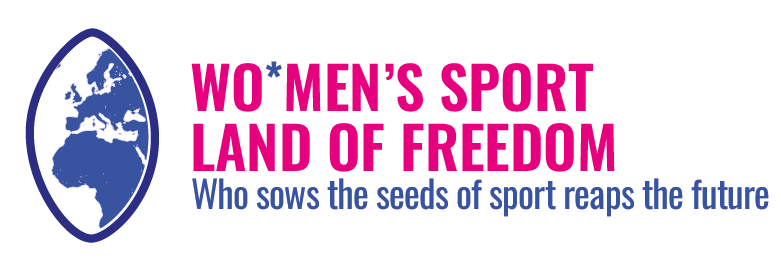
BOTSWANA: A RUGBY MINDSET INSTILLS THE ABILITY TO STICK TO THE GAME PLAN, EVEN WHEN THE PRESSURE RISES.
“A rugby mindset instills the ability to stick to the game plan, even when the pressure rises.”

Thanks to:
Gorata Kgathi
Training & Education – Coach Educator
- The history of the women’s movement in Botswana
- Testimonials
- Reading time: 7 minutes
BOTSWANA - Find out more
Botswana is a parliamentary republic in Southern Africa with about 2.4 million inhabitants (2024), where women represent slightly more than half of the population. Female representation in parliament remains low, with only 11.1% of seats held by women (February 2024). However, women’s participation in the workforce is strong: in 2023, about 63% of women aged 15 to 64 were active in the labor force, and 52.7% of middle and senior management positions were held by women. Despite this economic progress, women still face obstacles in political careers and remain vulnerable to gender-based violence and limited universal access to reproductive services.
(Source: data.unwomen.org; Gender Data Portal – World Bank; CEIC; IPU Parline; African Business; UN Women)
HISTORY OF THE COUNTRY
1. When did the women’s rugby movement start in your country and what is its history? How is rugby structured in your country?
The first women’s national team was formed in 2008. Before that, women mostly played school rugby.
We started with touch rugby, then tag rugby, and contact rugby was introduced at the end of 2007. Today they play in the sevens and tens formats. We are currently considering introducing a 15s league, but due to challenges with player numbers, clubs may need to join together to form a XV side. At present, there are 9 clubs in different regions. The rugby season begins with several sevens tournaments, followed by a sevens league and then a tens league. Since the Covid pandemic, school sport was suspended, and only now is the government working to restore it.
2. Do you think playing rugby has a social impact for a woman in your country?
Yes.
3. In your opinion, what can rugby give to women in your country?
Rugby in Botswana offers women a multifaceted platform for personal growth and empowerment. The sport provides a safe and supportive community, helping to address issues such as gender-based violence and mental health challenges. It fosters a sense of belonging and accomplishment, building confidence and courage through participation and competition. Rugby also creates educational and professional opportunities through coaching, leadership, refereeing, and other rugby-related fields, leading to economic empowerment. Representing the national team provides international travel, cultural exchanges, and exposure to new horizons. Finally, some clubs offer direct support in the form of jobs and education, further strengthening the socio-economic benefits of women’s participation in rugby in Botswana.
JOURNEYS THROUGH RUGBY
1. When did you start playing rugby and how you discover it?
I started playing in 2012. My introduction to rugby was completely accidental. A friend invited me to a training session one Thursday. As I was waiting on the sidelines, I picked up and handled a rugby ball for the first time; that was when I discovered a sport far more challenging and fascinating than my previous experience with table tennis.
2. What has rugby taught you that has impacted your daily life? Can you give me an example of when a rugby mindset was useful?
A rugby mindset instills the ability to stick to the game plan, even when the pressure rises. Every training session, every play, every drill is built toward the final goal; translated into my daily life, it fuels determination to achieve objectives, overcome obstacles, the will to win, and the drive to push beyond limits. The relentless pursuit of the goal: as a teacher, my objective is the success of my students. That is the “winning the match” of a teacher. I am relentlessly motivated to find ways to help every student improve, no matter how difficult it may seem. I become persistent in finding the right teaching method for each individual student, just as a rugby team persistently attacks the try line.
3. Can you give me 3 words that connect rugby to freedom?
Unburdened, powerful, unrestricted.
4. What does live in a land of freedom mean to you?
It means freedom from prejudice and discrimination: rugby, like any sport, ideally promotes inclusivity. “Living in a land of freedom” means an environment where race, gender, sexual orientation, or any other factor does not prevent individuals from participating or progressing according to their potential within the sport. This speaks to social justice in the context of the game.
5. What object represents you and why? What is an aphorism that guides your life?
I think a sturdy oak branch represents me because it symbolizes strength, resilience, and enduring commitment. Its branches provide shade and shelter. It mirrors the dedication and perseverance I show in my sporting career.
“Climb as high as dreams, go as deep as care.”
